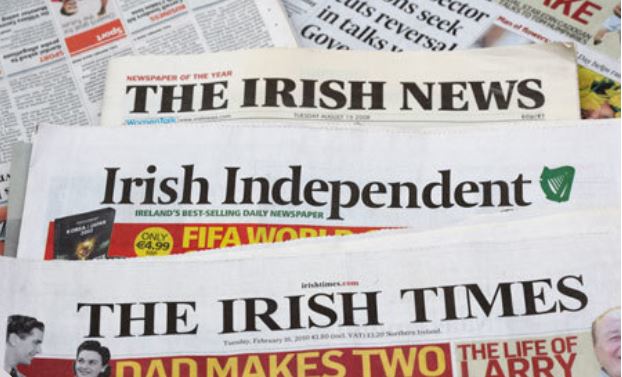
Cast your mind back to 1960’s Ireland, an era of Irish journalism that was dominated by the all-powerful Catholic Church. Stories went untold and un-investigated due to the culture of fear in Ireland. It was common practise that no matter how great the story might be, or how much public interest it contained , it was not worth the consequences.
Fast forward 60 years and the church-media relationship is well and truly gone. In its place however, is something just as restrictive and in many cases worse, because it is not the innate ‘self-censorship’ of the 60’s but rather a modern day awareness of the law – defamation law, to be exact.
It is common knowledge that Ireland’s defamation laws are one of the most constricting across Europe. The cases can go on for months, the costs are extortionate and the use of a jury ensures that the outcomes are always unpredictable.
The 2009 Defamation Act defines a defamatory statement as one that tends to injure someone’s reputation in the eyes of a reasonable member of society, i.e. a member of the public.
It came about as a way of balancing two key rights – freedom of speech and the right to protect oneself from “unjust attack”.
While the act intends to balance the aforementioned rights, the hampering conditions and costly implications of a defamation lawsuit means that the ‘impartial’ law is forever tipped against journalism.
Much like the Catholic church in the 20th century, defamation laws in Ireland have a chilling effect on journalists. While they appear to protect a citizen from untrue statements, they are, in effect, a gag order.
Journalists and media platforms don’t have the money nor the time to even defend a defamation action, not to mention lose one.
The cost of the public’s ‘watchdog’ being limited in this way is unimaginable. We have no idea what stories have been pulled or never even saw the light of day because of the risk of a lawsuit. This law is a loaded gun on journalists, with the rich and powerful at its trigger.
Back in 2019, media mogul Denis O’Brien lost a defamation case against the Sunday Business Post. While it was noted as a “great day for Irish journalism”, it was an example of how restrictive the defamation laws are in Ireland.
O’Brien disliked an article about him that was both true and in the public interest and yet because he has the money, and the law allows it, he took up months of the papers time and financial resources.
This case should not have been a landmark one and yet it was, because it is so rare that journalists fight a costly case to the end and win it.
Stories of corruption, of wrongdoing and of injustice have to stand trial long before they’re published. Writers and editors have to decide – is it worth a lawsuit? Can they definitely prove it? If journalists sources are anonymous, like they often are, can a true story be proven as such?
The image of journalists as pursuers of the truth, sniffing at stories and stepping on heels is crippled by the defamation act in Ireland.
It is no wonder that stories come out years later and people ask why it took so long for journalists to report on it.
The answer is not that they didn’t know or that they didn’t want to report on it. The answer is that thanks to Irish law, the story has to be fully developed, triple-checked, unharming to one’s reputation and unflinchingly true.
In essence, Ireland’s defamation laws require a final product, long before the first draft has even begun.
Jessica Woodlock
Image credit: Alamy



